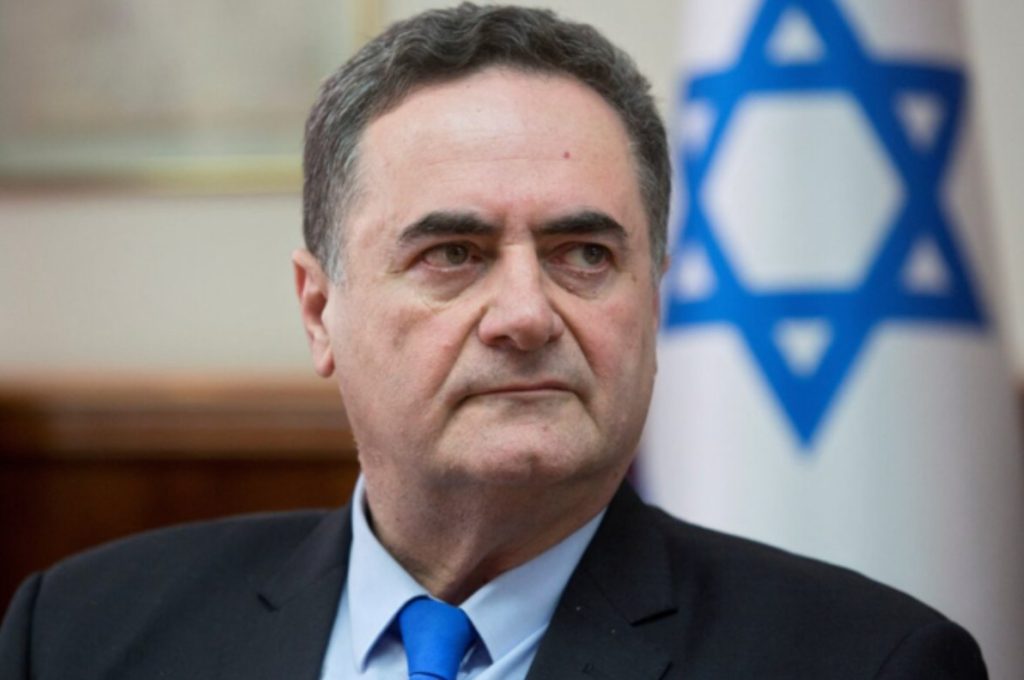Economy
Tax Reforms and Asset Management: Nigeria’s Fiscal Policy Outlook

In a bid to enhance economic growth and alleviate the burden on businesses, the Chairman of the Presidential Committee on Fiscal Policy and Tax Reforms, Taiwo Oyedele, announced the drafting of a new tax regulation. Speaking at a stakeholders’ forum organized by the Harvard Business School Association of Nigeria in Lagos, Oyedele revealed that the new regulation, embedded in an emergency bill, awaits legislative approval.
“We have drafted a new tax regulation. The only reason why it hasn’t been published is that some of the things we included will amend the existing laws, so we put the amendment in the emergency bill waiting for the lawmakers to pass, so we can then issue the regulation,” stated Oyedele.
The primary objective of these comprehensive tax reforms is to stimulate economic growth and streamline the tax landscape for businesses in Nigeria.
*Unlocking Non-Oil Assets: A Potential Trillion-Naira Opportunity*
Oyedele emphasized the untapped potential in Nigeria’s non-oil assets, estimating their value to be between N80 trillion and N100 trillion. He asserted that efficient management of these assets could result in an annual revenue of N10 trillion. The current mismanagement and underutilization of these assets present an opportunity for improved asset management and the sale of underperforming assets.
“We found out that other than oil when you are talking about assets. Some estimates, although still working on it, show something in the region of N80 to N100tn scattered all over the place. We haven’t shown any care at all as a country about those assets such that they have been mismanaged,” Oyedele remarked.
The potential infusion of liquidity through improved asset management aligns with the committee’s strategy to bolster economic growth.
*Tax Reduction and Technology Adoption*
Oyedele reiterated the committee’s commitment to reducing the number of taxes in Nigeria from approximately 62 to less than 10, aiming to alleviate the burden on business operators. The Federal Government’s plan to tax wealthy Nigerians to achieve an 18% Tax-GDP ratio revenue target was also disclosed. Leveraging technology for efficient tax collection and widening the tax net is part of the committee’s approach to boost revenue without increasing the overall tax burden.
In summary, Nigeria’s fiscal policy outlook focuses on comprehensive tax reforms, unlocking the potential of non-oil assets, and leveraging technology for efficient revenue collection to stimulate economic growth. The alignment of tax policies with economic goals underscores the commitment to creating a conducive environment for businesses and fostering sustainable development.
For Diaspora Digital Media Updates click on Whatsapp, or Telegram. For eyewitness accounts/ reports/ articles, write to: citizenreports@diasporadigitalmedia.com. Follow us on X (Fomerly Twitter) or Facebook











